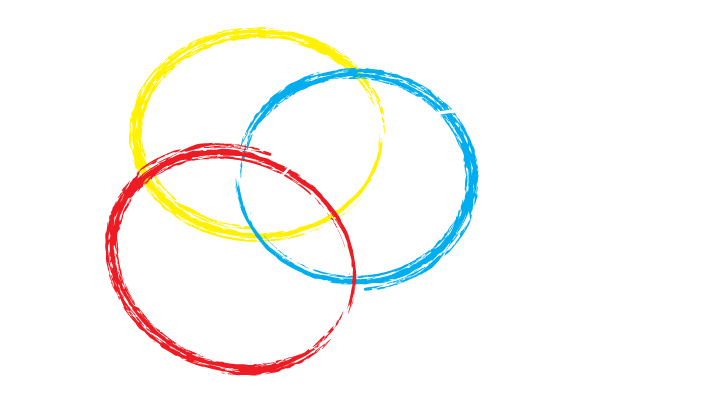The Product Manager's Dilemma
20 Jul 2015The past few years have taken me on an entrepreneurial and professional journey. I started as a technologist, with a PhD in computer engineering and a deep intuition for algorithms, machine learning and deriving everything from first principles. Taking these ideas and putting them online for the world to play with taught me to become a coder and I immersed myself in web programming, databases and whole lot of StackOverflow. The final step in this evolution has been to take ideas implemented in software and match them up with actual needs of real – hopefully paying – users in the marketplace.

This intersection of technology, design and market has led me to my current career as a Product Manager. The product manager role is often overlooked or misunderstood but I guarantee that every great products and service you know, love and crave - think GMail, iPhone, GoPro or the Tesla Model S - has (a team of) obsessive product managers who’s only ambition is to see you, and millions like you, use and enjoy these fantastic things. Some people call product managers a “mini-CEO” since you own all aspects of the product and ultimately, the buck stops with you. However, there’s one big difference between a product manager and a CEO: although you have all the responsibility, no one actually works for you!
This is what I call the Product Manager’s Dilemma. The PM holds the product vision, owns the customer requirements, sets pricing and is responsible for the deadlines and successful introduction of the next big thing that the company is banking on. But you take all this on without having direct control over Engineering or ownership of the Sales and Marketing functions. So what does it take to be a successful product manager?
Instead of commanding the troops to do your bidding, the Product Manager must succeed through influence, persuasion, customer intimacy and data. Most good engineers want to build things that actually get used. It’s the PM’s job to provide a real-world outlet for the technology that developers create. Designers are worthless without user-feedback. The cycle of design, test and iterate is overseen by a product manager. Sales people just want to make their number. By arming them with killer products, validated by market demand and backed by great collateral (competitive pricing, compelling marketing, killer value propositions) they’ll be only too happy to pimp out your new product to an eager audience.
All of this takes a rare intersection of talents: data-driven market analysis, technological fluency, customer communication, market intuition and the chutzpah to pull it all together, rally the organization to your cause and bend the market to your will. Add it all up and maybe you can be the solution to the Product Manager’s Dilemma!